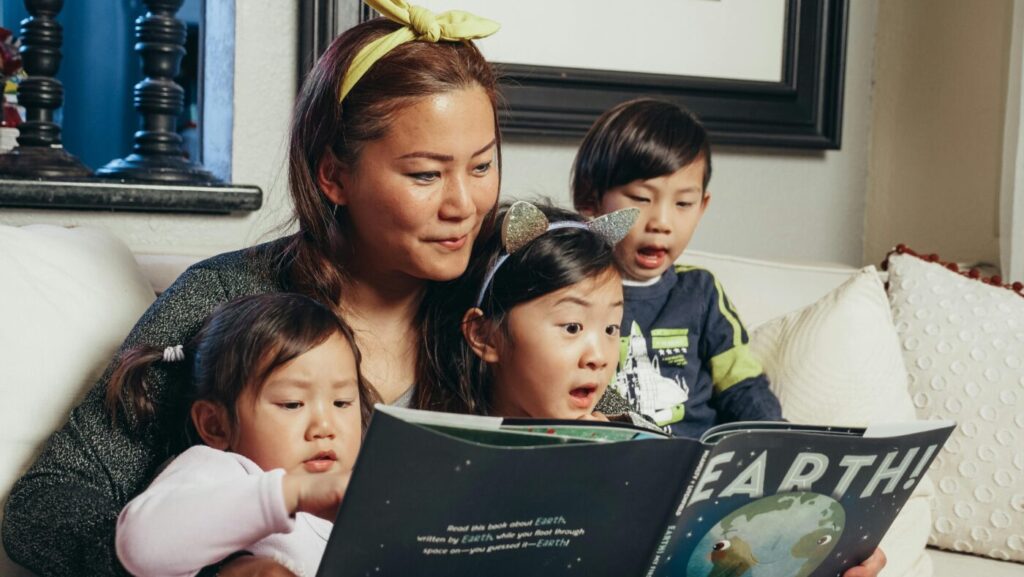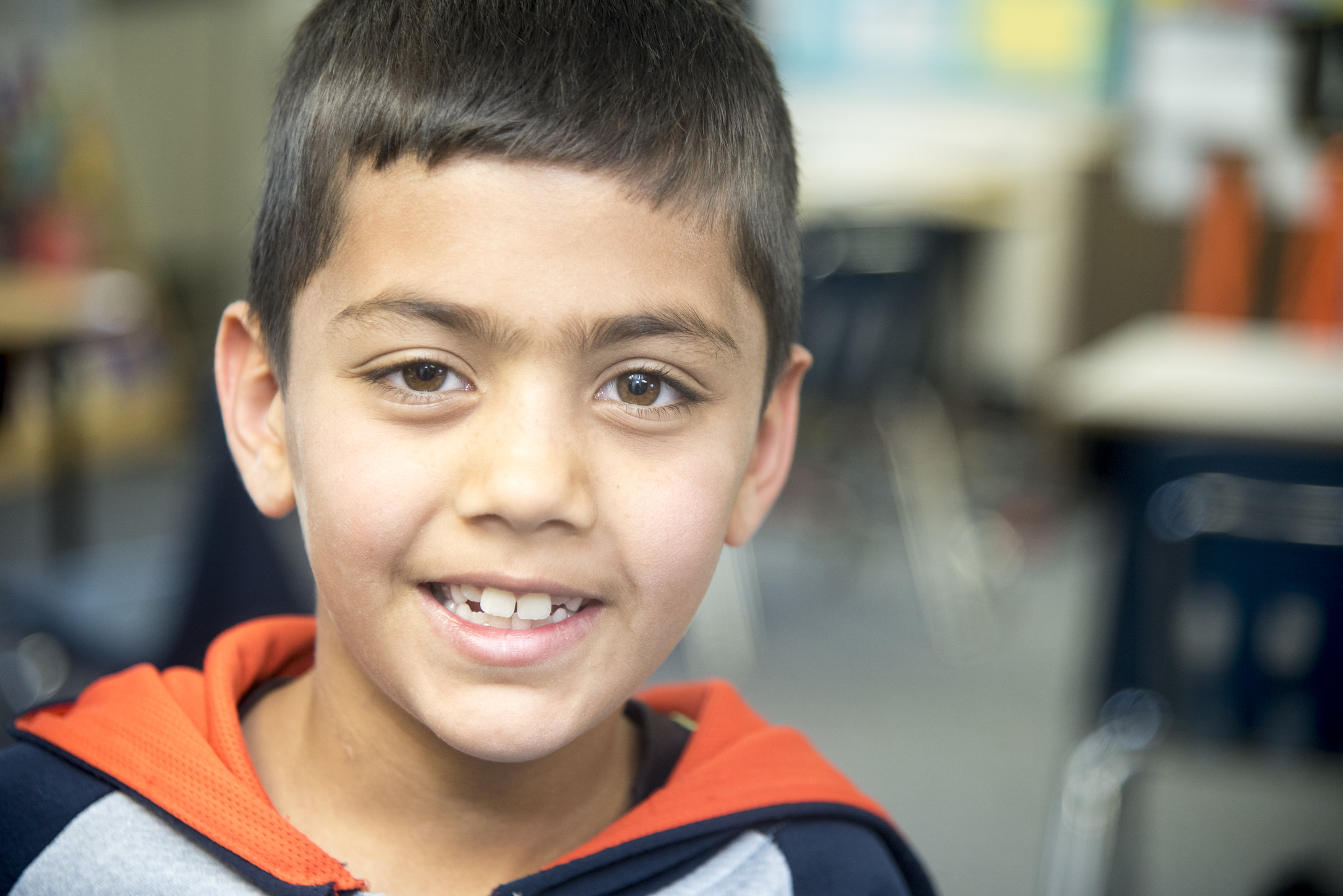
The intersection between mental health and social-emotional learning
June 1, 2021
Development coordinator*VISTA
It’s never too early to discuss emotions and mental health with your children, and social-emotional learning (SEL) is a key component of these conversations.
Defined by the Collaborative for Academic, Social, and Emotional Learning (CASEL), social-emotional learning is “the process through which children and adults acquire and effectively apply the knowledge, attitudes, and skills necessary to understand and manage emotions, set and achieve positive goals, feel and show empathy for others, establish and maintain positive relationships, and make responsible decisions.” Not only is SEL beneficial for relationship building among students and their teachers/guardians, but it also has positive effects on mental health, such as reducing stress.
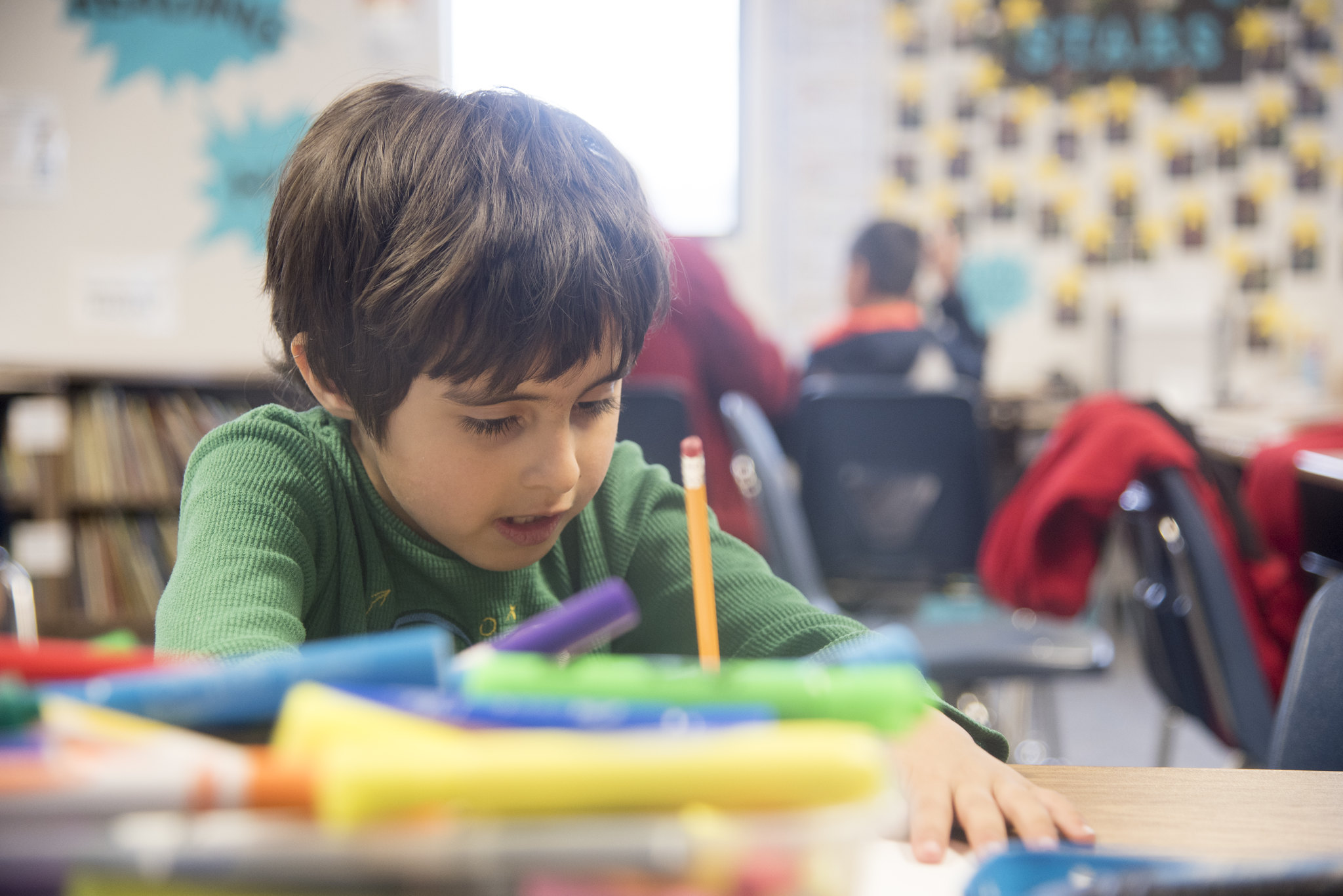
The importance of social-emotional learning
If you have kids or have worked with them, you’ve probably experienced a situation where a child has trouble expressing or managing their emotions. This is not only frustrating for the child, but can be exhausting for parents and educators as well.
Social-emotional learning can help students develop self-awareness, self-management, social awareness, relationship skills, and responsible decision making. In addition, studies show that it increases prosocial behavior, reduces stress, and improves attitudes toward school among students. These behaviors allow children to have positive interactions with their peers and their teachers. In turn, social-emotional learning can make classroom management easier for teachers.
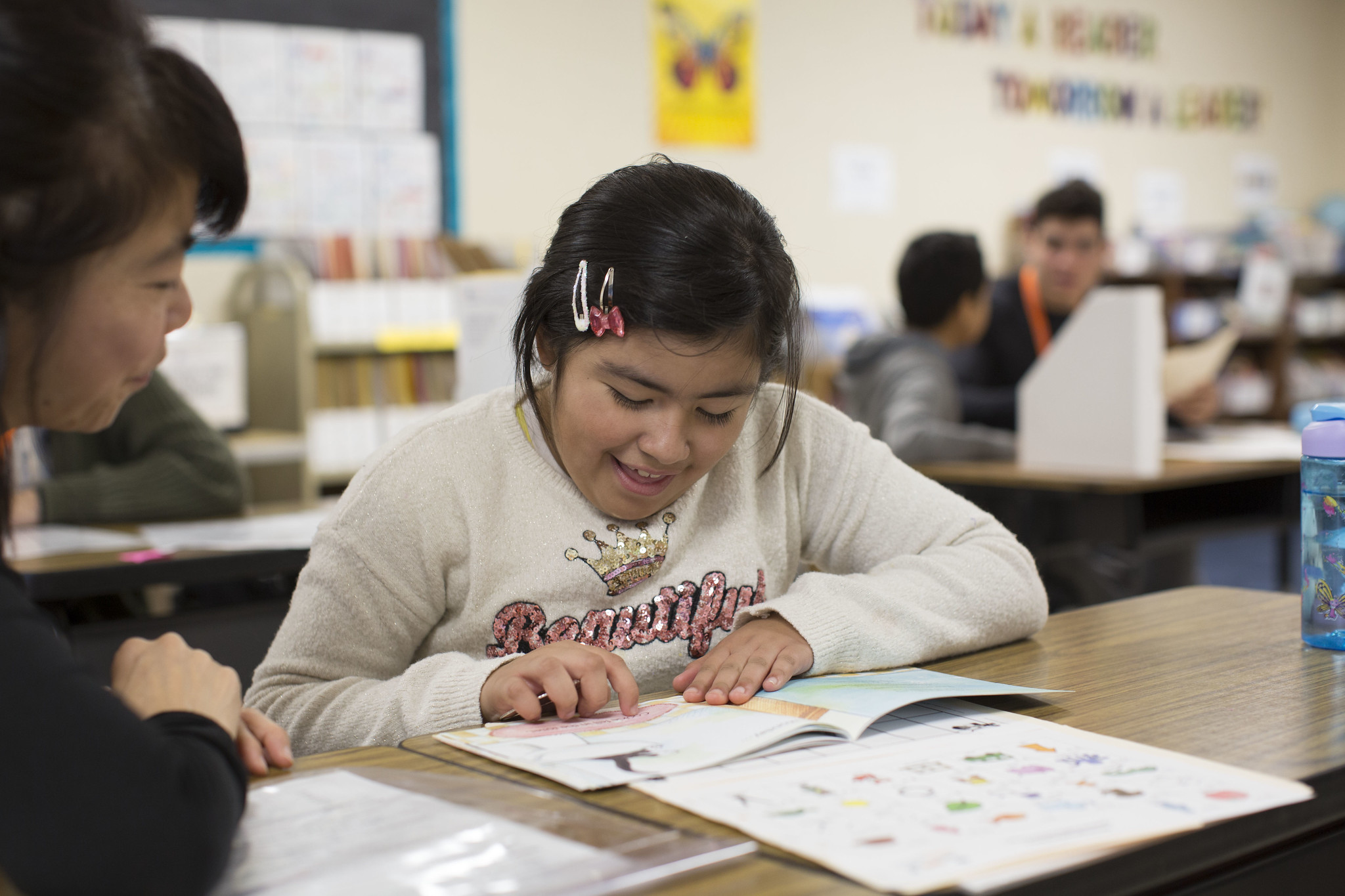
The connection between mental health and social-emotional learning
According to the CDC, one in five children show signs of a mental health disorder each year. While not a substitute for treatment, social-emotional learning is a helpful tool in managing mental health symptoms directly in the classroom or at home. The core competencies of social-emotional learning are essential to understanding emotions and developing coping strategies to deal with them in a healthy manner. When children can manage their own feelings, they are able to better interact with family, friends, teachers, and the rest of the world around them.
Findings from three scientific reviews showed that social-emotional learning programs had positive effects on social behaviors, conduct problems, emotional distress, and attitudes towards self and others across students in kindergarten through eighth grades, regardless of geographic region and racial or ethnic backgrounds.
The University of British Columbia sums up the benefits of social-emotional learning well: “Thus, integrating SEL into teaching practices will not only enhance social and emotional skills in the individual child, but will also help to create safe and supportive environments in which all children feel they belong, reduce the stigma of mental health difficulties, and encourage help-seeking when children need it, promoting mental well-being in all children.”
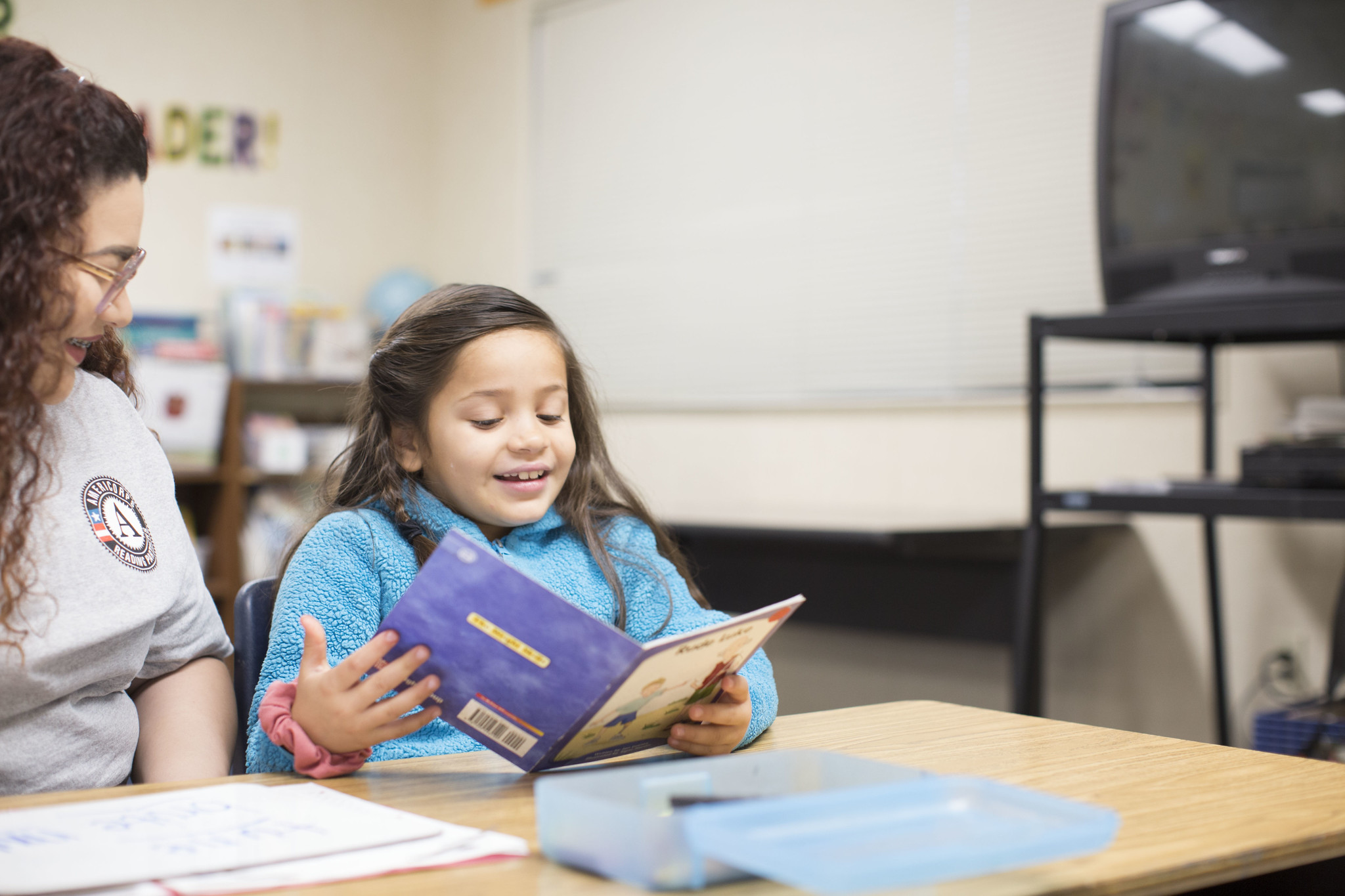
How to integrate social-emotional learning at home
It’s relatively easy to integrate SEL at home, but as most things do, it takes practice. Here are a few ways to incorporate social-emotional learning into your everyday routine:
- Check-in with your child’s feelings first thing in the morning or after school. You can ask them “How are you?” or “What are you thinking about?” or “What color are you feeling like today?”
- Teach your child the art of mindfulness.
- Set up space for a calm-down corner.
- Allow your child to express their feelings by writing or drawing in a journal.
- Teach them about emotions through reading.
Here are some books that can help kids understand and verbalize their emotions

Last Stop on Market Street by Matt de la Peña
The Boy with Big, Big Feelings by Britney Winn Lee
Jabari Jumps by Gaia Cornwall
Be Kind by Pat Zietlow Miller
Marisol McDonald Doesn’t Match by Monica Brown
I Am Enough by Grace Byers

